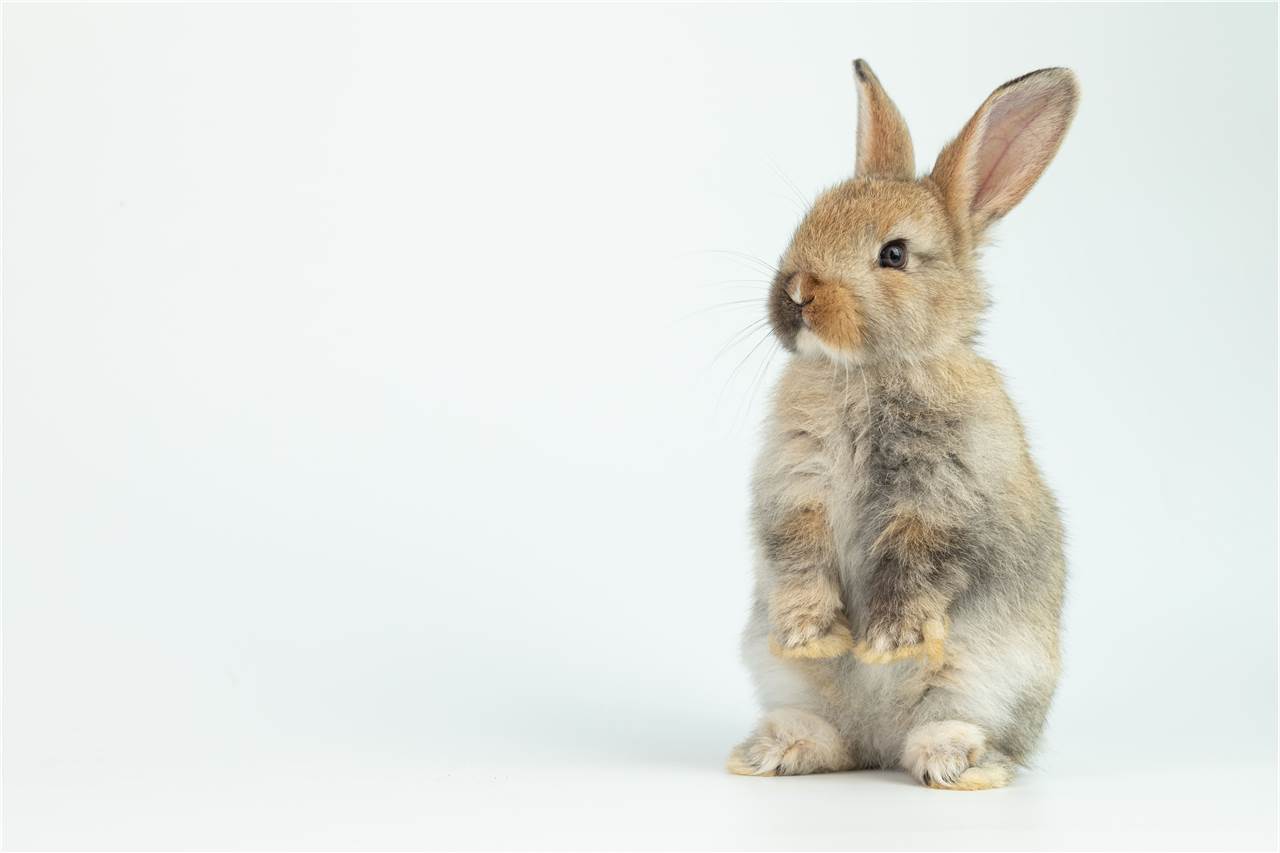Rabbit antibody libraries in the form of polyclonal antibodies are widely used in immunological research fields such as immunohistochemistry, protein blotting, enzyme-linked immunosorbent assay, and flow cytometry, and they are an important source for obtaining high-affinity and specific antibodies. However, polyclonal antibodies can have some limitations in practical applications, so rabbit monoclonal antibodies also occupy an important position in the antibody field. The preparation of monoclonal rabbit antibodies by hybridoma technology and phage display technology is well established and has also been widely used in research and production. Based on our rich field experience and advanced antibody preparation platform, Creative Biolabs provides comprehensive antibody discovery services to support monoclonal rabbit antibody production.

The mouse hybridoma technique was established in 1975. Since the advent of this technique, scientists have been working to find rabbit-derived tumor cells that can fuse with rabbit B lymphocytes. The production of hybridoma cells from rabbits has encountered some difficulty due to the lack of rabbit myeloma cell lines. The method of generating myeloma-like cell lines by the viral transformation of rabbit B cells was also difficult. In 1988, scientists reported for the first time the production of monoclonal rabbit antibodies by forming hybridomas through the mouse-rabbit heterohybridomas method. This mouse-rabbit heterohybridomas method was unstable, inefficient, and unable to secrete antibodies for a long period of time. In 1995, scientists established a method to produce monoclonal rabbit antibodies through rabbit-rabbit hybridomas. The discovery of phage display technology made the preparation of monoclonal rabbit antibodies easier. In addition, the rabbit phage display library construction can greatly improve the efficiency and quality of preparing monoclonal rabbit antibodies.
Monoclonal rabbit antibodies generated by phage display technology have the advantage of being selected for both phenotype and genotype. Analysis of monoclonal rabbit antibody sequences allows us to prepare monoclonal antibodies in a variety of formats, including scFv, Fab, scFv-Fc, and IgG, and, more importantly, to humanize and affinity mature them. The rabbit immunized antibody library allows for easier isolation of monoclonal rabbit antibodies. After the rabbit has been immunized, B-cell cDNA is extracted from its spleen, and the antibody variable domain library is amplified by PCR and assembled into a Fab library. Then the Fab gene was cloned into a phage vector and transformed into E. coli to complete the construction of the rabbit immunization Fab gene library. Based on the rabbit immunization library, it is possible to perform biological screening against the immunizing antigen and rapidly identify rabbit monoclonal antibodies with high affinity and target specificity. Therefore, monoclonal rabbit antibodies prepared by phage display technology have become a promising reagent for human diagnosis and therapy.
In fact, rabbits have their own unique characteristics that give them a distinct advantage in these areas. First, rabbits belong to the order Lagomorpha, which is evolutionarily distinct from murine rodents. Rabbit antibodies are able to recognize epitopes on non-immunogenic human antigens in rodents, increasing the total number of targetable epitopes and facilitating the production of antibodies that cross-react with mouse immediate homologs of human antigens. This is an important aspect of basic and preclinical research. Second, rabbits have been observed to develop strong immune responses to small molecules and semi-antigens, which are not common in rodents. A third important aspect is the scarcity of inbred rabbit strains, whereas most mouse strains are inbred. It is believed that inbred strains usually elicit less diverse immune responses, which makes it more difficult to develop strong and diverse conjugates. Accordingly, in many IHC studies comparing rabbit and mouse monoclonal antibodies to the same human antigens, rabbit monoclonal antibodies have consistently shown greater sensitivity.
Creative Biolabs has a wealth of knowledge and experience in monoclonal antibody discovery. We would be happy to share with you our knowledge and experience related to monoclonal rabbit antibody discovery.
All listed services and products are For Research Use Only. Do Not use in any diagnostic or therapeutic applications.